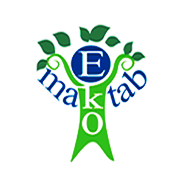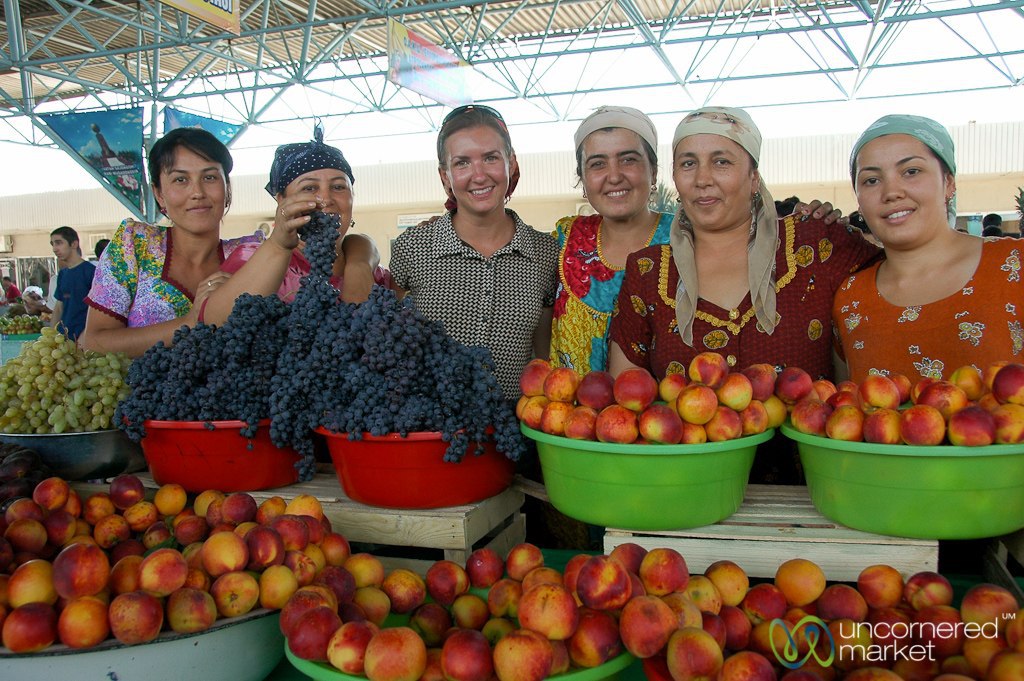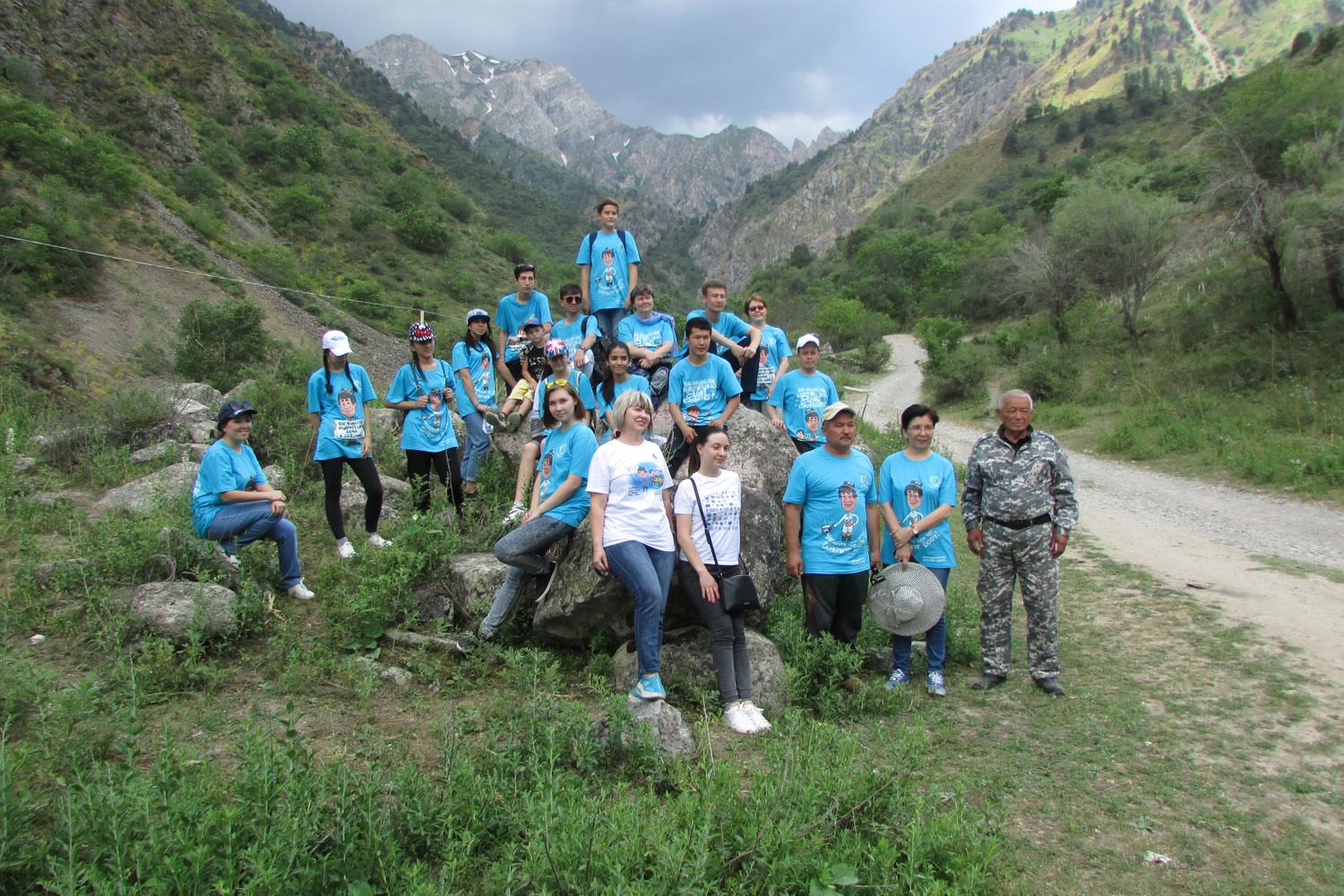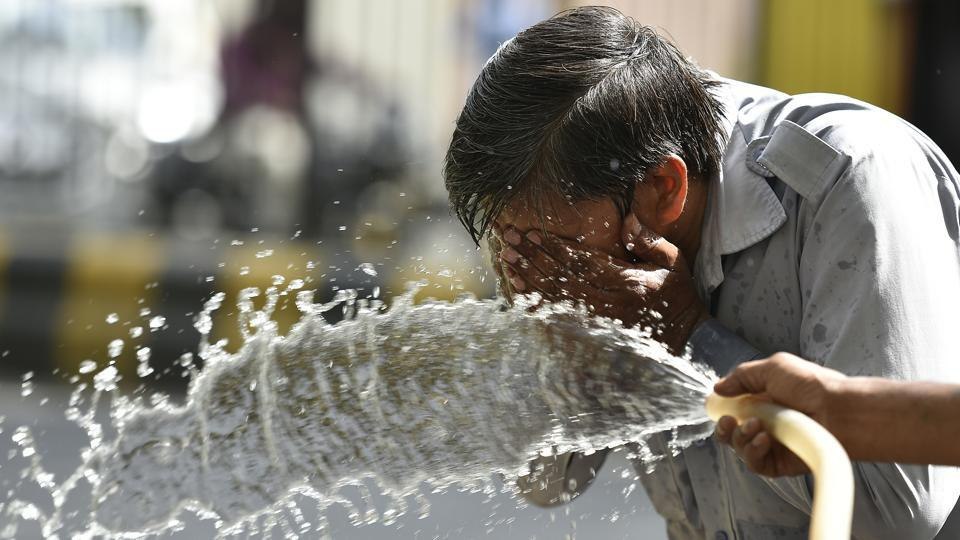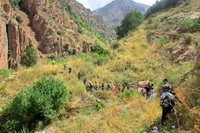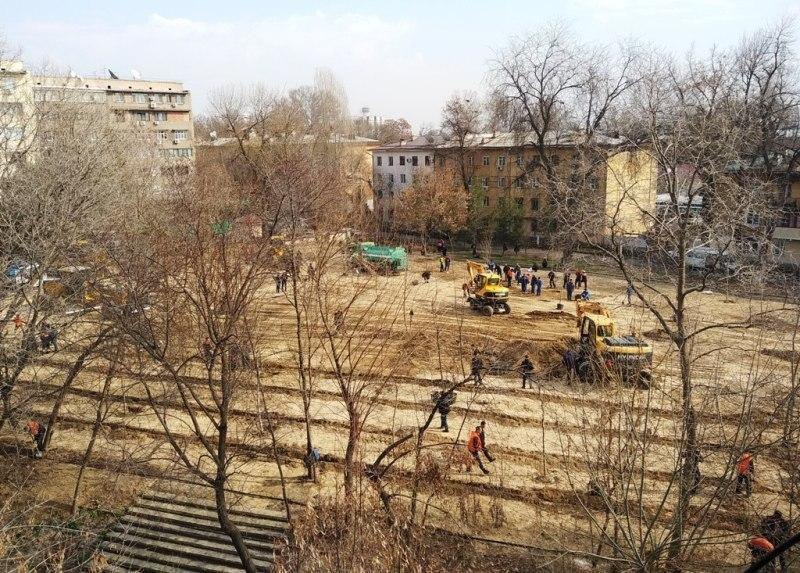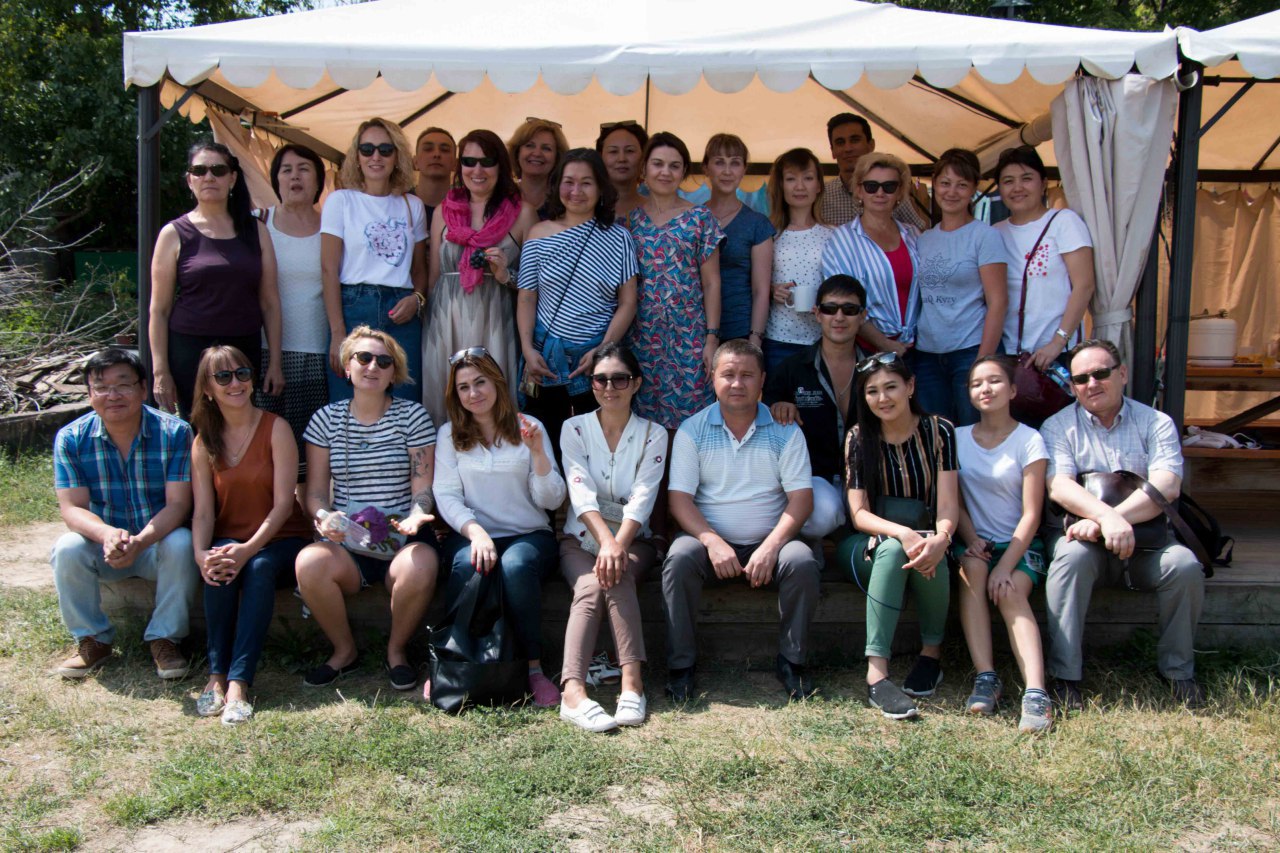Bishkek, February 14, 2020 - The delegation of the European Union in the Kyrgyz Republic proposed a dialogue to discuss the new EU-UN Initiative aimed at eliminating violence against women and girls. At the EU-KR Gender Workshop 2020, the National Action Plan on Gender Issues for 2018–2020 in Kyrgyzstan was presented.
The reports of leading participants noted that gender equality is a fundamental element in ensuring sustainable development. The Sustainable Development Goals (SDGs) agreed by the international community include the goal of gender equality and the empowerment of women and girls, as well as gender goals within other SDGs.
Despite growing urbanization, a significant proportion of the population in the region lives in rural areas. Many women and men living in rural areas may experience more pronounced gender inequality due to:
- Limited access to basic services and employment opportunities in rural areas;
- A higher degree of dependence on agricultural production and a large number of women working as unpaid family workers;
- Higher fertility rates and, consequently, pressure on the provision of basic services, such as education and health;
- Increased temporary burden on women, who usually care for family members.
The ELSOFP project team took an active part in this seminar. As a result, it was noted that the meeting became a plausible platform for discussing many pressing issues on the topic of gender balance, including in the agribusiness system. The changing structure of agricultural production with a growing share of fruits, vegetables, oilseeds, the introduction of new agricultural technologies, the formation of new modern sales chains and value chains also suggests a change in the structure of the agri-food sector.
In particular, the workshop participants noted that employment in organic and forestry in the countries of Central Asia is currently formed on the basis of gender roles. Some types of jobs are still stereotyped as “male” jobs and others as “female” ones. Men are usually associated with capital-intensive activities, as well as activities involving greater involvement in decision-making. Women are usually associated with labor-intensive work, which requires less mobility, less use of technology and less voice in community decision-making. Women usually combine this work with household chores and reproduction and are generally disadvantaged in terms of access and control of agricultural machinery, livestock, fertilizers, and irrigation water. It is a significant problem for women and for rural development in the region, since proportionally more men migrate to urban areas in search of work, while women are often left alone and take over the management of households.
- “In almost all reports, problems of infringement of the rights and interests of women were mentioned. Here we heard for the first time that in the countryside 40 bans are used for girls, “as a traditional upbringing” method. Questions were raised about the ban on a number of hard works, where women should not be involved. To successfully address gender issues in meetings, a balance must be struck between men and women decision makers. Otherwise there will be discussions and no progress”, the ELSOFP project team shared their impressions.
Guaranteeing equal economic opportunities for women and men in rural areas could potentailly stop or slow down migration and contribute to rural development. Creation of the “Association of Women” in rural and forestry sectors was discussed during the forum. ELSOFP is active in promotion of gender rights in agri-food sector. After all, women employed in local agri-food and forestry management systems will receive the opportunity for stable employment and steady income. This is a new quality of women's representation in the labor market, a new status for women, new opportunities for self-development and self-realization.


